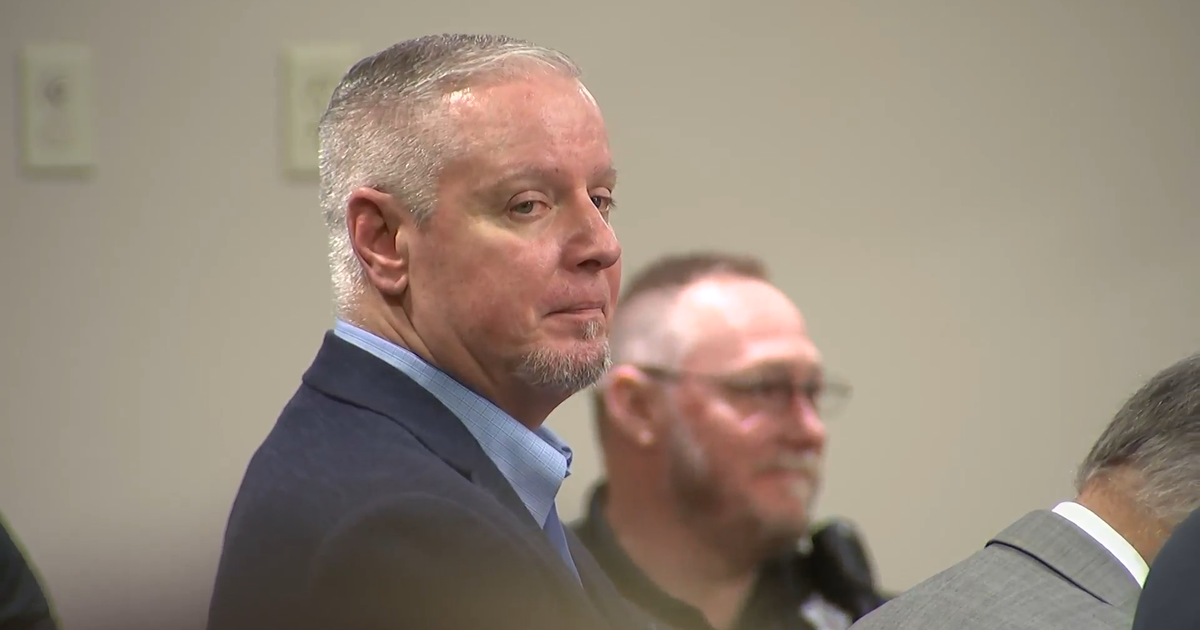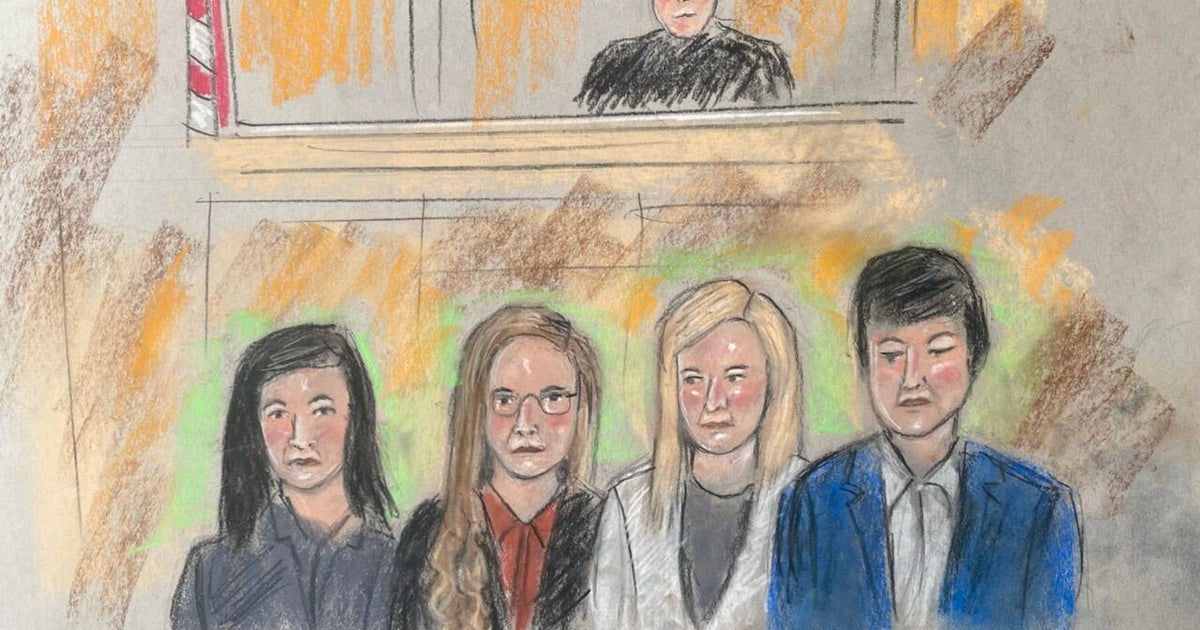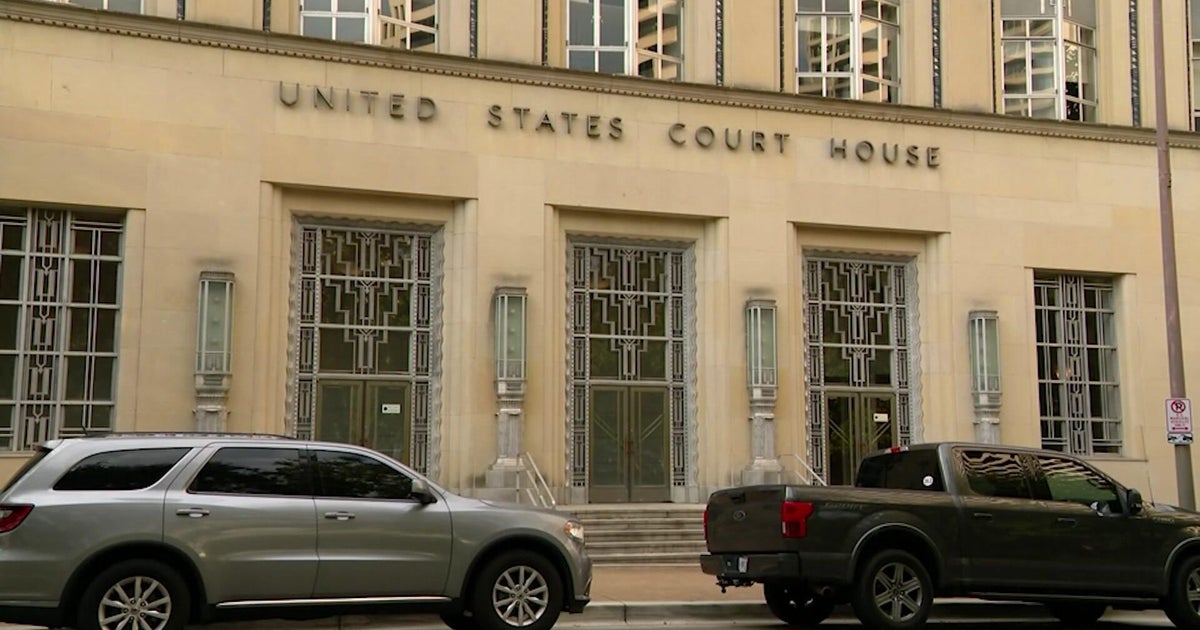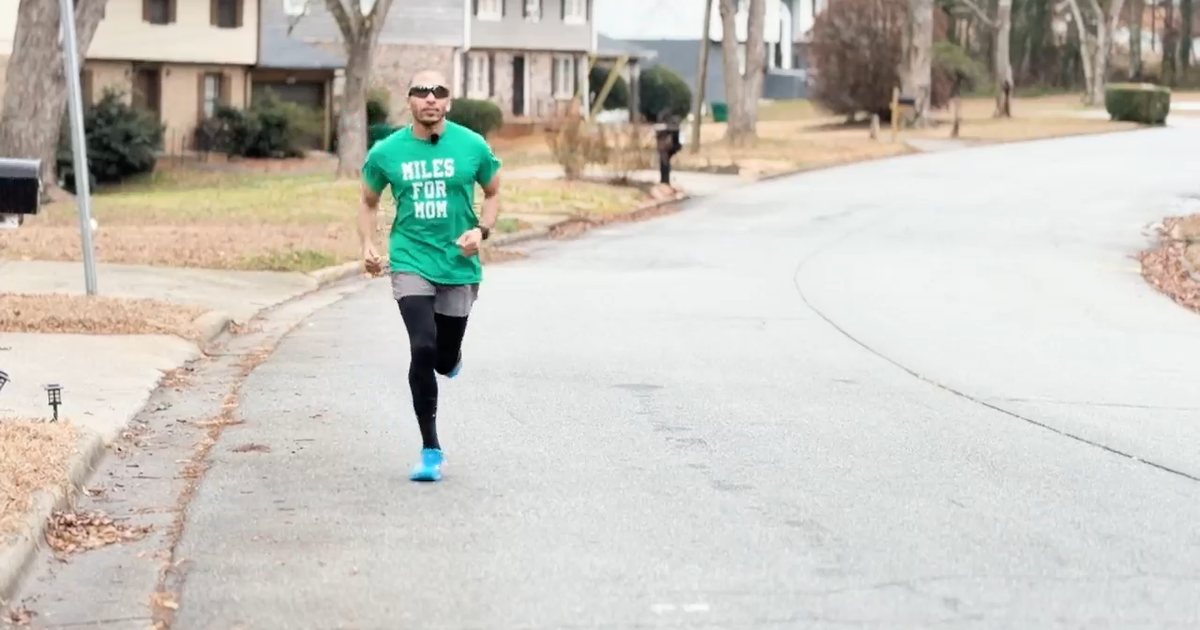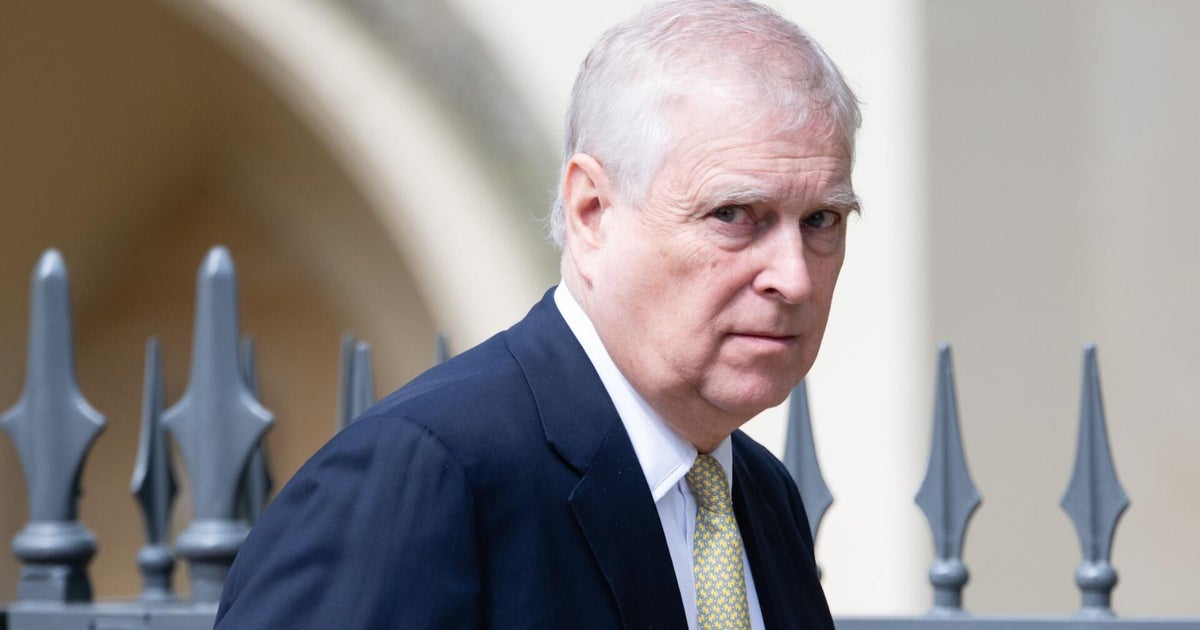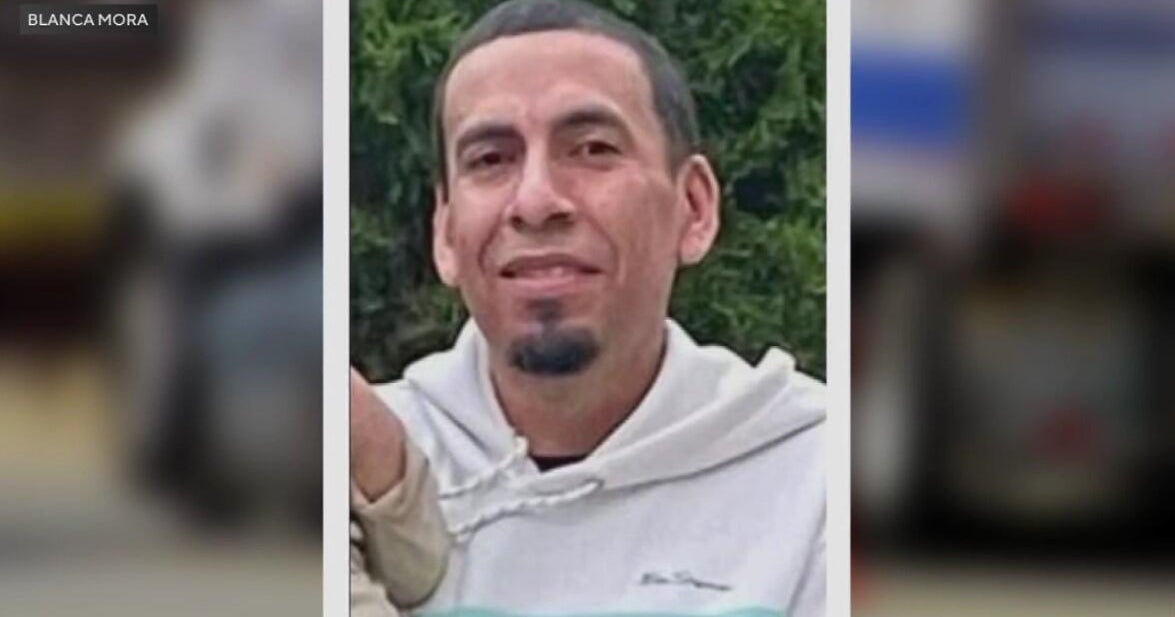Defense Rests In Boston Marathon Bombing Trial
BOSTON (CBS) - Dzhokhar Tsarnaev's defense team called just four witnesses over two half-days of testimony in an attempt to bolster their case that their client's older brother took charge of radicalizing him and later took the lead in planning and pulling off the Boston Marathon bombings.
The defense called FBI fingerprint analyst Elaina Graff, who told jurors that Tamerlan Tsarnaev's prints alone are all over the alleged bomb-making equipment in his Cambridge apartment. The defense also showed jurors item after item - a jar full of nails, rolls of duct tape, a library book on wiring- all of them, carrying fingerprints from Tamerlan - none of them from Dzhokhar.
Tamerlan's prints were also found on several pieces of evidence on Boylston Street, including cardboard fragments from inside one of the pressure cookers. None of Dzhokhar's prints were found at the finish line.
At the Watertown scene, the remote control transmitter and assorted bomb-triggering electronics, along with lid from that pressure cooker, showed evidence only of Tamerlan's fingerprints, Graff testified.
Dzhokhar's were found, however, on the unexploded plastic container bomb that was left behind on Laurel Street.
But under cross-examination Graff was later forced to admit that Dzhokhar's prints could have been on the bombs and material - but got wiped away or destroyed.
The jury also heard from Mark Spencer, an independent digital evidence analyst. He testified about the anti-Western material found on both of the brothers' computers that included al Qaeda publications, bomb-making instructions, and jihadi speeches.
All of it, he told jurors, originated from Tamerlan's laptop and was later shared with Dzhokhar's.
But under cross examination, Spencer conceded that all the content might be on Tamerlan's computer, but anyone - including Dzhokhar - could have put it there.
Jurors were told to return to court on Monday morning for closing arguments.
